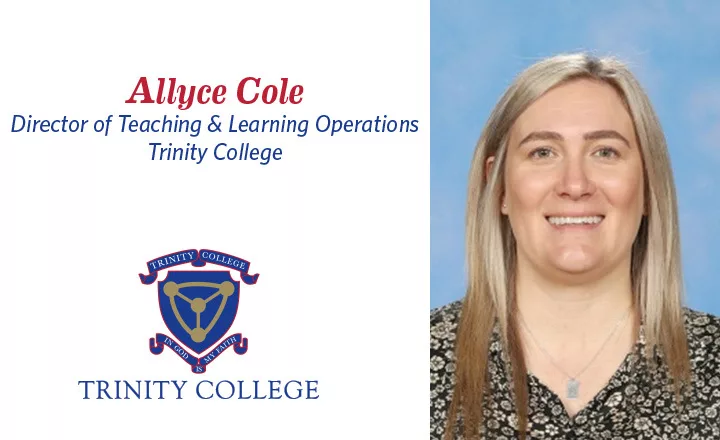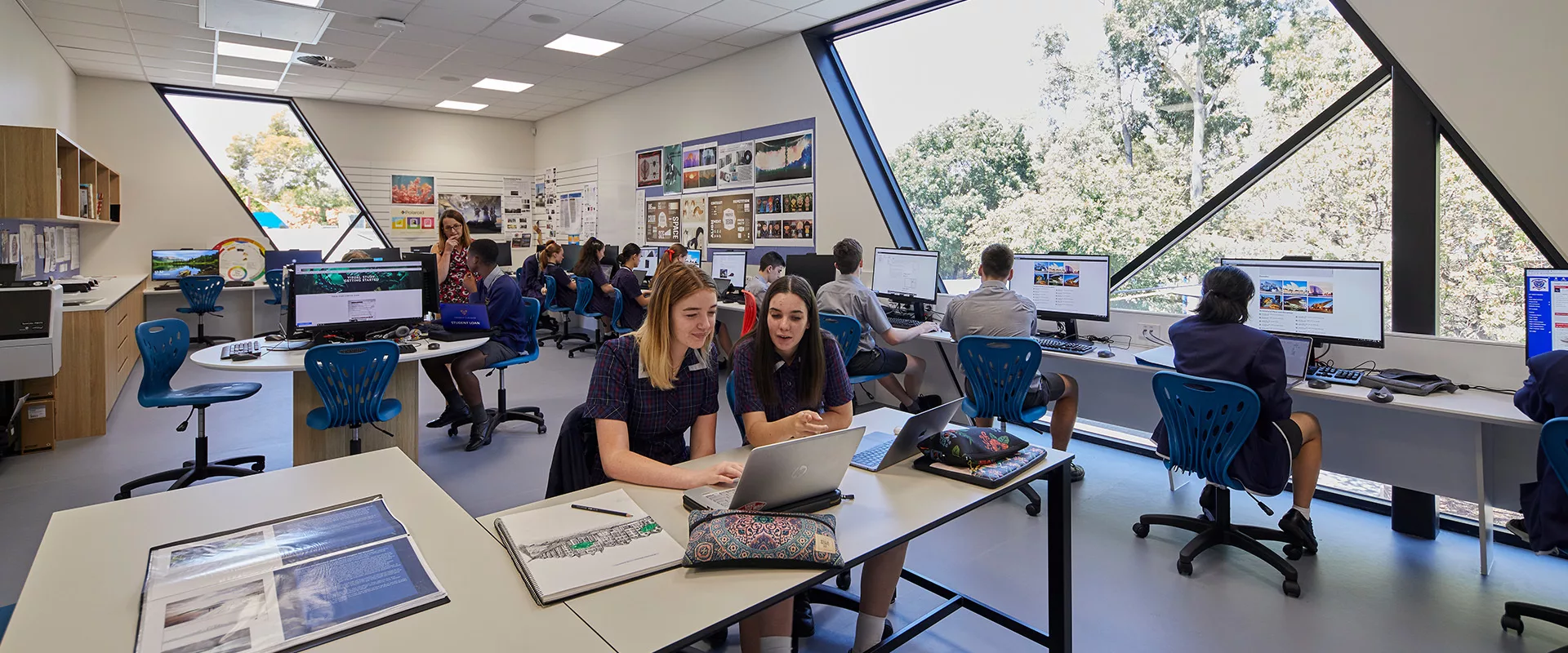Current Research

Implementing Instructional Practices Aligned with Cognitive Load Theory and Self-Regulated Learning: Exploring Strategies for Overcoming Tensions Through Cycles of Professional Learning
This work explores how teachers can integrate the complementary, and sometimes seemingly contradictory, principles of Cognitive Load Theory (CLT) and Self-Regulated Learning (SRL) in their classroom practices. Grounded in the premise that effective learning design requires both a careful management of cognitive demands and the fostering of autonomous, self-directed learners, the study seeks to understand how teachers’ existing epistemic beliefs influence the uptake and refinement of evidence-informed strategies.
Adopting a design-based research (DBR) methodology and drawing on a Cultural-Historical Activity Theory (CHAT) lens, the project will proceed in three iterative phases. In Phase One, semi-structured interviews with teacher participants will uncover current understandings of CLT and SRL and map how (and whether) these principles manifest in day-to-day instructional choices. Phase Two introduces a purposeful cycle of professional learning—guided by the Practices of Pragmatic Adaptive Leadership model—during which teachers collaboratively co-design lessons and assessments aligned with CLT’s minimisation of extraneous load and SRL’s emphasis on autonomy, strategy use and self-monitoring. Data will be captured through “think-aloud” sessions and reflective journals, illuminating the rationales behind teacher decisions and the evolving interplay between theoretical insights and real-world constraints. Finally, Phase Three centres on creating teacher-informed guidelines for implementing CLT and SRL, focusing on balancing explicit guidance with learner agency.
By pinpointing tensions—such as task complexity versus students’ capacity for self-direction—and examining how teachers navigate these tensions in practice, the project aims to produce actionable design principles. These outcomes promise both theoretical contributions to the interplay of CLT and SRL and practical resources to help educators optimise instruction for cognitive efficiency, learner autonomy, and enduring motivation. Ultimately, the research provides a structured, iterative pathway for teachers to build upon core insights from CLT and SRL, resolving the contradictions they sometimes pose, and advancing professional learning for more effective and adaptive classroom practice.


